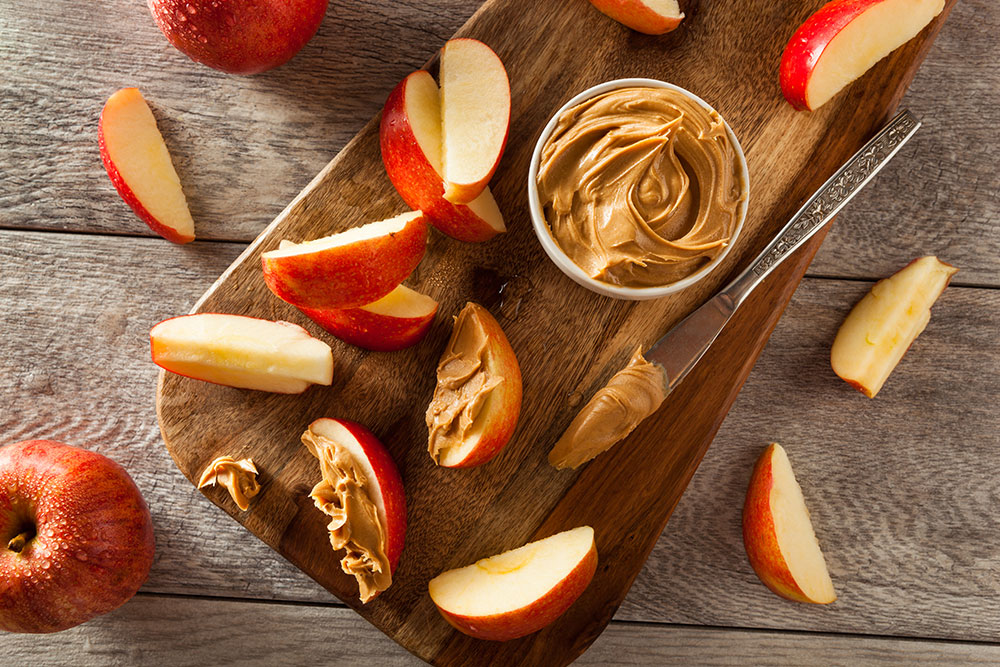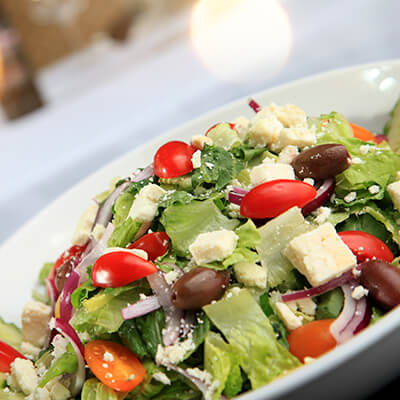
Worth the Weight?
Weight loss is a hot topic. However, it can be really hard to sort out myth from fact. Understanding what works (and what doesn’t) will help propel you along your journey toward better health.
Whether the arrival of 2017 has you chanting “New Year, new me!” or if you’re just looking to reboot after a somewhat gluttonous holiday season, it’s never a bad time to review the best practices in keeping a healthy weight. The trouble is, there are so many programs, magic weight-loss pills and information in general, it can be difficult to know what’s true and what’s phony.
Of course, if you’re planning for a major change in your health this year, you should consult your doctor first. He or she can take into account any past health issues, prescriptions or obstacles unique to you.
Fitness and nutrition go hand in hand, and are extremely personal experiences for each individual. Armed with these basic truths and myths, we encourage you to be patient as you work to find a plan that works.
Truth: A Holistic Approach is Best
If you’re getting healthy, you’ve got to examine your fitness and your
nutrition. Not just one or the other. Think of your body as the incredible
machine that it is. Consider the maintenance your car or truck requires and
acknowledge that your body deserves that much attention and more — especially
if you’re taking on a new health lifestyle this year. Your car needs fuel to
perform, and so does your body. You wouldn’t expect your truck to pull a
tractor uphill if it had the wrong type of oil or if it were low on fuel. So
you can’t expect your body to react well to a new exercise routine if you’re
still filling it with the wrong kind of fuel, or not enough fuel.
Truth: Slow and Steady Wins the Race
Habits
developed over time turn into natural parts of your life. You may be motivated
now, but find a way to set realistic goals for the rest of the year. Rather
than “lose 15 pounds by swimsuit season,” sign up for fitness events throughout
the year that will keep you accountable beyond the first 15 pounds. Incorporate
healthier nutrition as a part of your life on a permanent basis, rather than
just tackling an intense 30-day diet.
Truth: Calories In, Calories Out
The
science of nutrition and fitness is extremely complicated, but if you stick to
this basic idea, you will lose weight. If you want to lose weight, you have to
intake less calories than you burn. It’s as simple as that. Just make sure the
calories you’re consuming are worth your while. Don’t waste 130 calories on a
cookie when you could “spend” those calories on a medium apple with a
tablespoon of peanut butter. An apple and peanut butter will fill you up and
provide protein (peanut butter) which helps build muscle while helping you feel
full longer. All cookies provide are a gnarly sugar crash and a sweet fleeting
satisfaction that only promises to have you soon begging for another cookie.
The apple and peanut butter also take longer to eat than a cookie does, so your
body feels more satisfied after.
Remember, on the calories in, calories out plan, you should keep in mind how much work it’ll take to burn 130 cookie calories (unhealthy calories which have provided zero nutrition to fuel your workout, BTW). According to the calculator on sparkpeople.com, you’re looking at spending about 30 walking minutes on the treadmill for one 130-calorie cookie. WebMD says that moderately active women should intake about 2,000 calories per day. Moderately active men should take in about 2,500. Again, those are broad estimates and if you’re currently over or underweight or have circumstances that put you outside of the “average person,” to discuss a calorie plan that is right for you, see your doctor.
Myth: Fat is the Enemy
According
to many nutrition experts, the human body needs fat to function. It’s just that
we only need certain kinds of fat, and only in limited amounts. Some good
choices include avocado (which also raises good cholesterol while lowering bad
cholesterol), real butter (with brain-function-improving omega-3 and omega-6
fatty acids), coconut oil (with a laundry
list of health benefits like antioxidants and anti-inflammatory effects), extra
virgin olive oil (great for heart health, memory and cognitive function and
anti-inflammatory effects), and salmon and sardines (packed with omega-3s and
antioxidants).
Myth: Cut all Carbs
We need carbs. Carbs are energy. Especially if you’re looking to
increase your physical activity, you need to keep carbs in your diet. Again,
the trick is to make sure you’re taking in the right kind of carbs and limiting
your consumption of refined carbohydrates, like sugar and grains that have been
stripped of their nutritious parts — like white bread and pasta. Some healthy
carbs include corn (great source of fiber, vitamin C and antioxidants good for
vision), bananas (packing vitamin B-6, potassium and fiber) and white potatoes
(with potassium, vitamin C and fiber).
Myth: Added Protein Means Added Weight Gain
According to authoritynutrition.com, protein is the single most
important nutrient in the weight-loss game. Eating a high protein diet has been
shown to boost metabolism while helping you feel satisfied. Another study the
website mentions says that protein reduces obsessive thoughts about food by 60
percent, while cutting the desire for late night snacking by 50 percent.
Protein is supremely necessary for your muscles too. Even if you’re trying to
lose weight, your exercise commitment will burn off your fat stored in your
body while growing your muscles. Protein is the fuel your body needs to replace
your stored fat with muscle gain.








